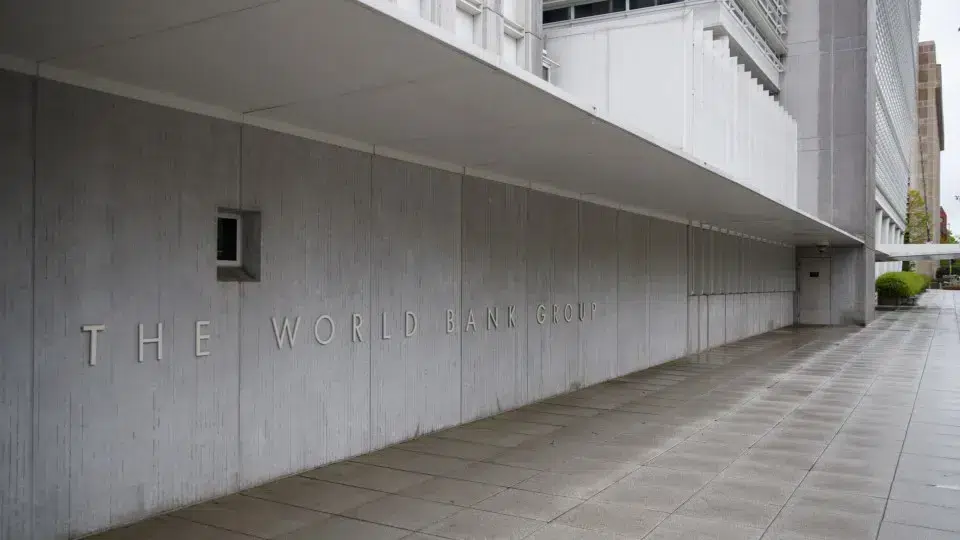
During the discussion of Government Action Lines for 2026 at the local parliament, Sam emphasized the priority of “promoting the reciprocal exchange of the renminbi,” China’s mainland currency, with Portuguese-speaking markets.
The Chief Executive of Macau recalled that in May, the central banks of China and Brazil signed a memorandum of strategic financial cooperation and renewed a bilateral local currency swap agreement.
“By using the renminbi to create a permanent mechanism, it can provide more convenience for the use of the renminbi” in trade between China and Portuguese-speaking countries, Sam advocated.
The Chinese government has been seeking to internationalize the renminbi, which is not fully convertible into other currencies. Beijing imposes stringent control over capital flows, especially out of the country.
A monetary mechanism “including Portuguese and Spanish-speaking countries” could also encourage the bond market, argued the first leader of the Chinese semi-autonomous region who speaks Portuguese.
Sam highlighted that the value of debt securities issued in Macau has already surpassed 100 billion patacas (86.4 billion euros). Most of this value was for issuances made by Chinese central or local authorities.
As such, the Chief Executive wants to attract governments and companies from Portuguese and Spanish-speaking countries to issue debt in Macau’s bond market.
In January, Henrietta Lau Hang Kun, head of the Macau Monetary Authority, stated that the central banks of Angola and Timor-Leste were interested in issuing public debt in the region to attract investors from mainland China.
In May 2019, Portugal became the first eurozone country to issue debt in the Chinese currency, amounting to two million renminbi (243.1 million euros).
Sam Hou Fai announced today that the Macau government has assigned a financial institution, whose identity was not disclosed, to explore the possibility of using the digital pataca in Sino-Portuguese trade.
In May, the Secretary for Economy and Finance, Anton Tai Kin Ip, suggested that the digital pataca could be “one of the digital transaction tools for Portuguese-speaking countries for commercial transactions.”
The prototype of Macau’s digital pataca system (e-Mop) was launched on December 12, with support from China’s central bank, the first major economy to launch a digital currency, the digital renminbi or e-CNY, in 2020.
Also today, Sam Hou Fai mentioned that a new center is already operating in the neighboring Hengqin Special Economic Zone (Mount Island) to promote economic services between China and Portuguese and Spanish-speaking countries.
Since “the beginning of this year,” the Economic and Trade Services Center between China and Portuguese/Spanish-speaking countries has been providing foreign companies with “legal and accounting” services, Sam explained.




